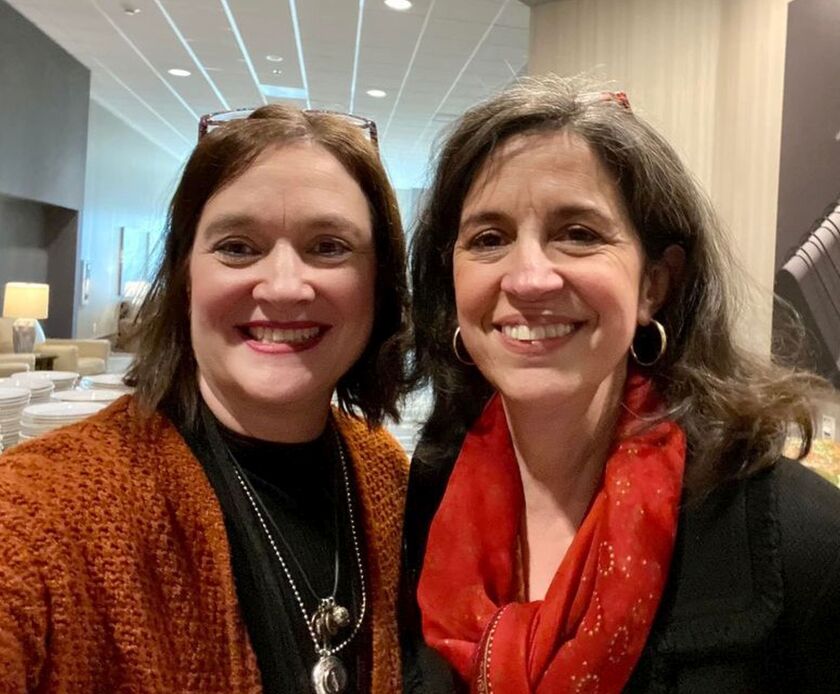At the Fargo Diocese’s recent “Trusted Sisters” women’s conference, Helen Alvaré, lawyer and professor, illuminated how our laws have shaped our understanding of sisterhood, and not always for the best.
At the beginning of the 20th Century, she said, the women’s movement had worthwhile goals for uplifting women. But when contraception and abortion became heralded as the path to freedom, our sisterhood splintered.

The most vocal proponents pushed for women to be free of relationships with children, “even to the point of destroying them in the womb,” and all relationships of care, clamoring to be “free of the body and all its givens,” and “to do what men had done and in the way men had done it,” emphasizing the acquisition of income.
An unrelenting anger at the opposite sex followed, along with a “a general presumption of ill-will; a hermeneutic of suspicion,” and from there, a ranking of the sexes, “eliminating the possibility of synergy and complementarity.”
Alvaré said her own life testifies she’s not against women in the workplace, but if we valorize everything outside the home, and completely denigrate the beauty of the care for others and the domestic sphere, we are buying our freedom on the wrong terms.
Further, she said, the “abortion makes us equal” battle cry leads to the lie that only women who destroy their own children can truly love other women. A reporter once called her a “female impersonator” due to her prolife work, she noted.
But in reality, most women haven’t signed onto the women’s movement proposals, Alvaré said, and during the pandemic, women who stayed home with their children began saying, “You’re going to have a harder time yanking me away from them now….” They’d experienced something new and wanted to hold onto it.
Women don’t want to be separated from their children, she said, but do desire flexibility in raising them, a vision rarely promoted by the media and often undermined by the law, which has “pushed really hard for this (other), misbegotten view of feminism.”
“Instead of listening to what women actually want and need,” Alvaré said, “we have a really fractured voice of women in the United States.”
She suggested we begin anew, reviewing who and what we are in Christ. “It ends up being a reversal of the contemporary paradigm,” a recognition that our dignity and solidarity are “founded on the truth of our common origin, destiny and meaning…in Christ.”
“God specifically intended two sexes to be both alike and different, from their first moment of existence, and meant for unity,” Alvaré said, as highlighted in Scripture, where we learn that “woman is God’s answer to the ‘not good’ of man being alone. She makes existence good.”
Inspiration through recent popes, who’ve written extensively on “the feminine genius” and “woman’s capacity for the other,” can help us unite, she said, adding that true support for one another leads to real freedom, unlocking our capacity to fulfill the Great Commandment, “to love Christ in one another.”
[For the sake of having a repository for my newspaper columns and articles, I reprint them here, with permission, a week after their run date. The preceding ran in The Forum newspaper on April 18, 2022.]

Leave a Reply